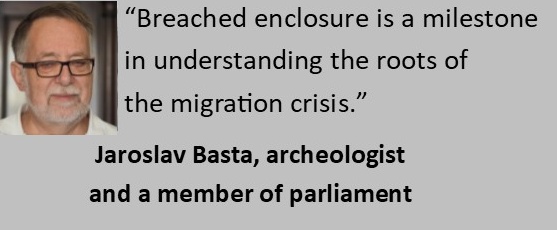I’ll come back to the argument about the role of science, so today I’ll just mention a small observation that both of them agree on (and that I personally agree with). Namely, that Hitler’s Nazism had no ideology. Ideologically, it was a heterogeneous mix of superstitions, conspiracy theories, platitudes from various philosophical movements, and even, perhaps, bits of authentic folk experience taken out of context. Moreover, it was constantly changing according to what the Fuhrer needed at the time. The strength was not in the ideology, but in the combination of general frustration and popular anger in a country ravaged by war and plundered by market liberals, the enormous energy of a confident, educated and relatively young nation, the thuggish instinct of a few leaders and a brilliantly functioning bureaucracy. They might as well have had some other symbols and listened to Verdi instead of Wagner, and it would have come out the same.
Lifestyles, distribution of wealth, prevailing customs and similar matters are decisive. Ideologies come after the fact.
It reminds us again how naive it is to look for “thought bases” for good and bad moments in human history. Lifestyles, distribution of wealth, prevailing customs and similar matters are decisive. Ideologies come after the fact. It already makes more sense to look for psychological traits of personalities of certain political trends, as the first neo-Marxists tried to do (albeit with desperate to comical results) or as Czech biologist Martin Konvička did (much more successfully, which also brought him a lot of personal attacks).
So why so much interest in the ideological roots of this or that? There are more reasons, but undoubtedly, among others, because it is easy. Much easier than analysing the development of society, psychological differences between classes, etc.


